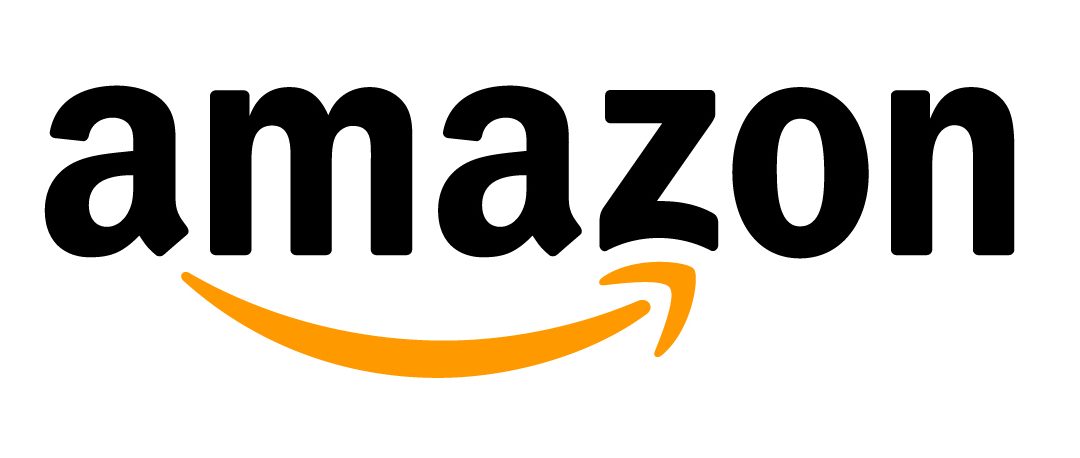Jeff Bezos And Amazon Are Changing Publishing
I like Amazon. I may be biased – I have a Prime membership, and I buy a lot from them. So maybe you should take everything I say here with a pinch of salt. I also publish independently, and I have a project coming out through Createspace, Amazon’s self-publishing arm, so again … pinch of salt.
I have watched the battle between Amazon and the big five publishing houses with interest, and seeing how the public relations aspect of the whole thing has been handled. Jeff Bezos doesn’t come across as the evil manipulative genius that some players of this game are trying to paint him as. To me he seems pretty amiable – sure, he has a pretty solid business plan, and he wants to have his fingers in a lot of pies, but some of the things he is doing really do seem to benefit the consumer … so how bad can he really be? I like Amazon’s products, and I dig their innovations.
Amazon Versus The Publishing World
Believe the publishers and you would have to believe that he is lifting money out of the pockets of authors and publishers alike. Amazon’s attempts at transparency have been framed as being divisive in some quarters, but the open letters from those on the opposing side of the debate could be likewise characterized in this way. And, you have to consider who is pointing the finger – individual authors who have a beef (that makes sense); huge behemoths like Harper Collins and Hachette crying poor? It doesn’t quite have the ring of truth about it. In fact it smacks a little bit of those stories where a factory lays off half the workforce while giving the head honcho a raise that might constitute the budget of a small country. Amazon says the price point it is trying to establish is more likely to sell books; that it is more in line with what the consumer wants to pay, and that it is a better incentive than where the publishers are trying to take them price-wise.
I am invested in the idea of a flourishing book market – one that is not held to ransom consistently, and one that is not in the pocket of one company that has a monopoly and can therefore dictate terms in a way that no one else can combat. Being independent means in some ways that you aren’t small enough to be affected that much by the waves which crash against the traditional publishing houses, and what cripples them can, in some ways, level the playing field, and give the small guy more of a chance. But, I did read an article this week by an author who claims Kindle Unlimited has damaged his sales and is forcing him away from being a professional writer and back towards being a hobbyist. There are always examples that introduce shades of grey.
65% of the e-book market is controlled by Amazon, and the brick and mortar stores that used to give it a run for its money with the hard copies aren’t in the best of health, and haven’t been for a long time. Yes, Mr Dylan, The Times, They Are A Changin’.
If it were such a simple thing to work out you wouldn’t have any split of opinion at all, but I know independent authors who love Amazon. The ones who hate it seem to be the one who are hoping to win contracts with the big five, and see that edifice crumbling (this is more likely than not a huge oversimplification), or who are already deeply embedded in the traditional publishing model.
Amazon’s advertising and public relations seems to be pretty good though – they seem to be handling whatever is said about them with a fair amount of grace, and there hasn’t been much mud slinging from them that I have been able to find. This means they are either just really good at spinning it, or that their intentions really are good. Time will tell I suppose, but whether or not they are evil or just on the wrong side of the debate, some of the big publishers really aren’t handling it quite so well. People will vote with their wallets and it will resolve, for now though damage limitation and openness coupled with their other innovative products seems to be winning Amazon lots of PR ground.

